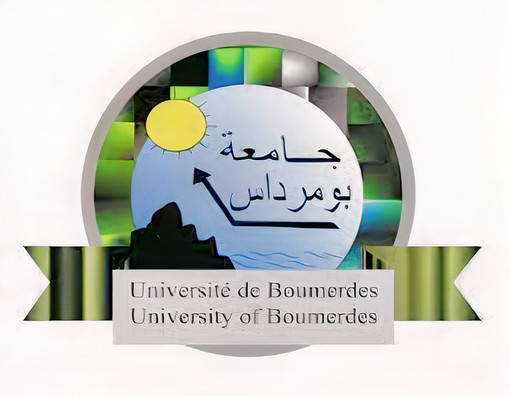Detect Misinformation Of Covid-19 Using Deep Learning : A Comparative Study Based On Word Embedding
Résumé: Since its emergence in December 2019, there have been numerous news of COVID-19 pandemic shared on social media, which contain information from both reliable and unreliable medical sources. News and misleading information spread quickly on social media, which can lead to anxiety, unwanted exposure to medical remedies, etc. Rapid detection of fake news can reduce their spread. In this paper, we aim to create an intelligent system to detect misleading information about COVID-19 using deep learning techniques based on LSTM and BLSTM architectures. Data used to construct the DL models are text type and need to be transformed to numbers. We test, in this paper the efficiency of three vectorization techniques: Bag of words, Word2Vec and Bert. The experimental study showed that the best performance was given by LSTM model with BERT by achieving an accuracy of 91% of the test set
Mots-clès:
Nos services universitaires et académiques
Thèses-Algérie vous propose ses divers services d’édition: mise en page, révision, correction, traduction, analyse du plagiat, ainsi que la réalisation des supports graphiques et de présentation (Slideshows).
Obtenez dès à présent et en toute facilité votre devis gratuit et une estimation de la durée de réalisation et bénéficiez d'une qualité de travail irréprochable et d'un temps de livraison imbattable!


